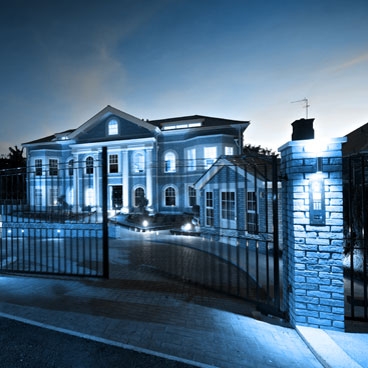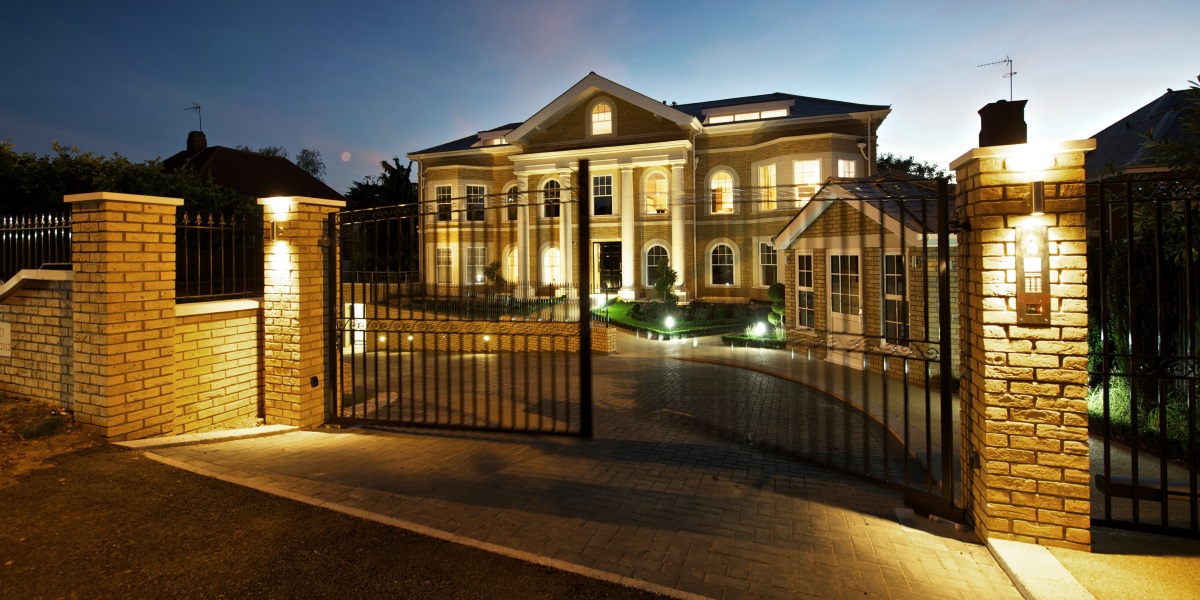Professional CCTV Installation |
If you're looking for professional CCTV installation, then we have the service that you're looking for. Our team has over 15 years of experience in installing security solutions, meaning that you're in safe hands.
Benefits of Professional CCTV Installation
Enhanced Security and Surveillance
Our team of professional CCTV installers assess your property and ensures that your system has minimal to no blind spots and that your videos are recorded clear and high-quality format. They also ensure that your system has seamless integration with mobile apps and remote access tools for 24/7.
Crime Deterrence and Evidence Collection
Professionally installed CCTV cameras act as a strong visual warning to potential intruders and also offer usable footage for law enforcement or insurance claims should it be needed.
Technical Precision and Reliability
Our experts ensure cables are hidden, protected from tampering and weather-proofed systems. Our professionals also ensure reliability by ensuring that your CCTV is wired correctly and that everything can handle the bandwidth.
Ongoing Support and Maintenance
Our team of experts here at Gemini Security Solutions offer a wide range of aftercare services and is here to help you maintain your CCTV system with our support packages. Knowing that your system is backed by experts gives long-term confidence, ensuring that your home or business is safe.
Types of Professional CCTV |
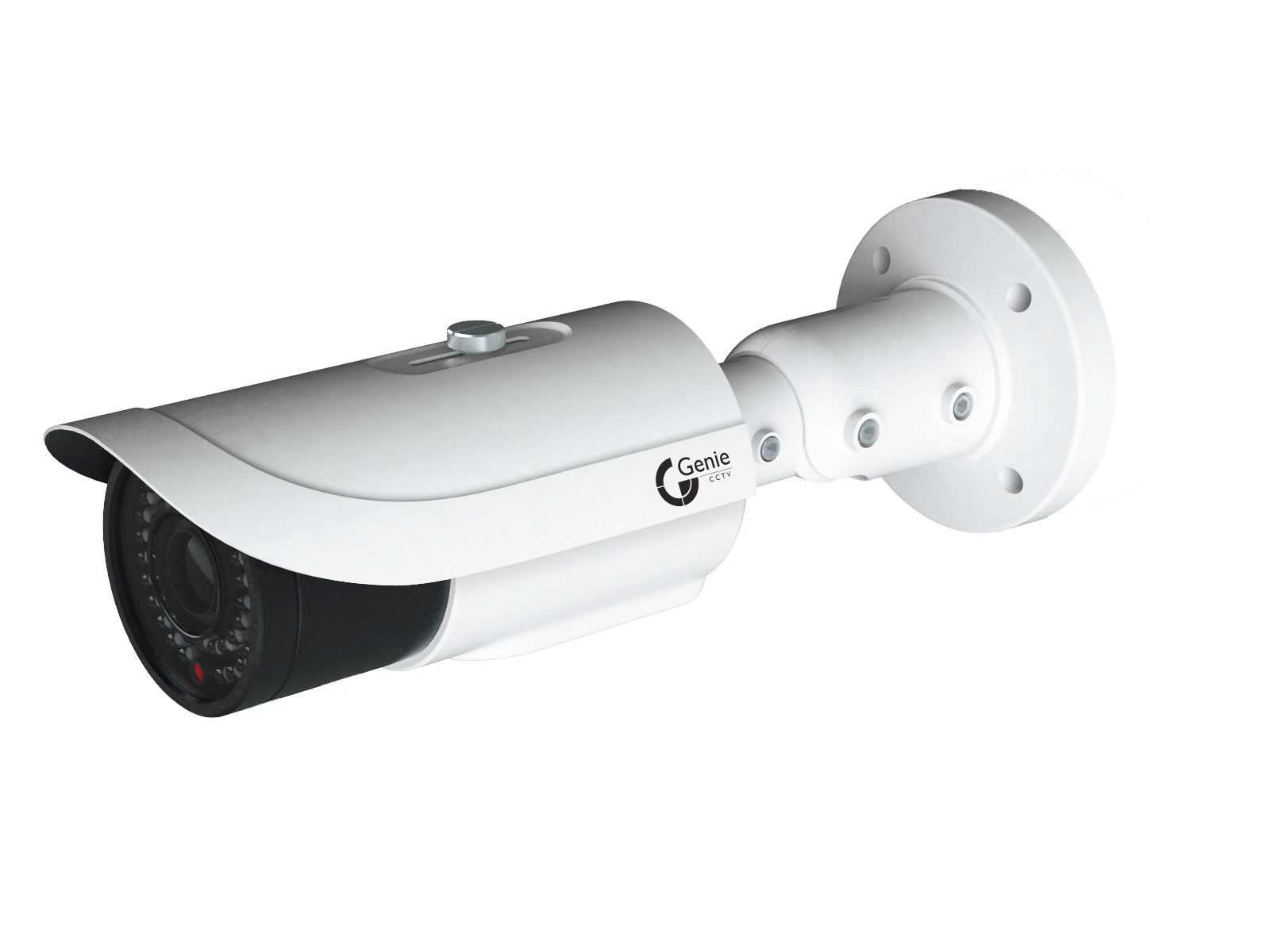 Analogue HD
Analogue HD
Our CCTB supplier has a large range of high-quality HD-SDI cameras, recorders, and accessories available. High-Definition Serial Digital Interface (HD-SDI) unites the high-quality images of IP with the point-to-point configuration of analogue systems. This technology is a great way to upgrade an existing analogue system to digital.
- Cost-effective solution
- Ease of installation
- High-definition Video
- Reliable Performance
- Long-Distance Cabled Transmission
- Low Maintenance
IP Camera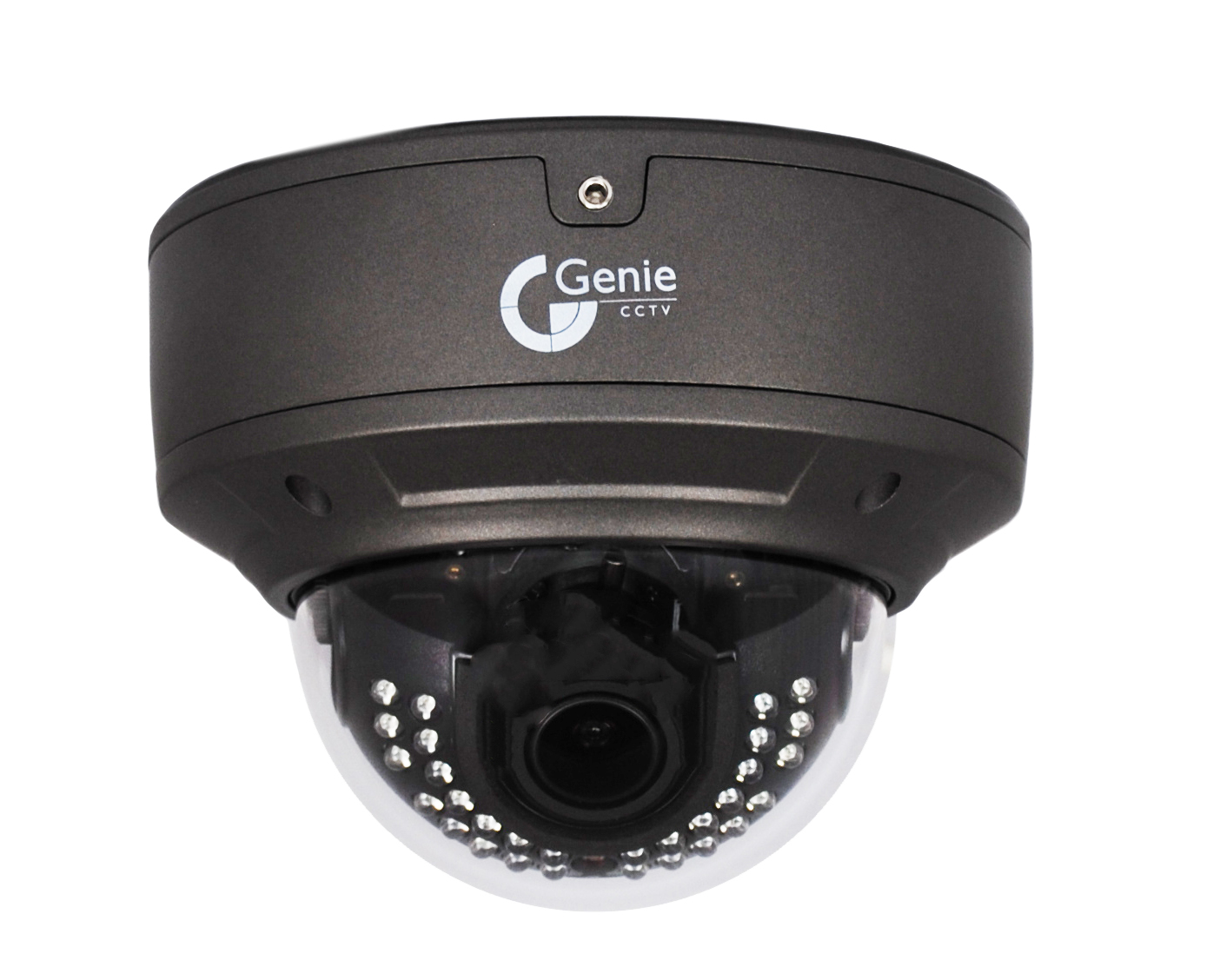
IP stands for Internet Protocol, which is a low-level programming language used to transmit data between computers in your home and the internet. This means that an IP camera is like a little computer that you can connect to access your video, and as such, you do not require a direct connection to a PC to operate, meaning they can be placed anywhere within a network and accessed remotely at any time.
- Higher Resolution
- Advanced Video Analytics
- Remote Access and Monitoring
- Scalability and Flexibility
- Security and Encryption
- Ease of Installation
- Integration With Other Systems
Professional CCTV Recording and Monitoring |
CCTV cameras are normally linked to recording devices (DVRs / NVRs) either locally or onto an internet network. Recorded images can then be monitored efficiently and safely from a remote point, and password-secure logins can give access even to hand-held devices such as tablets or mobile phones connected to the internet.
- Crime Prevention
- Enhanced Security
- Evidence Collection
- Employee Safety
- Remote Monitoring
- Prevent False Claims
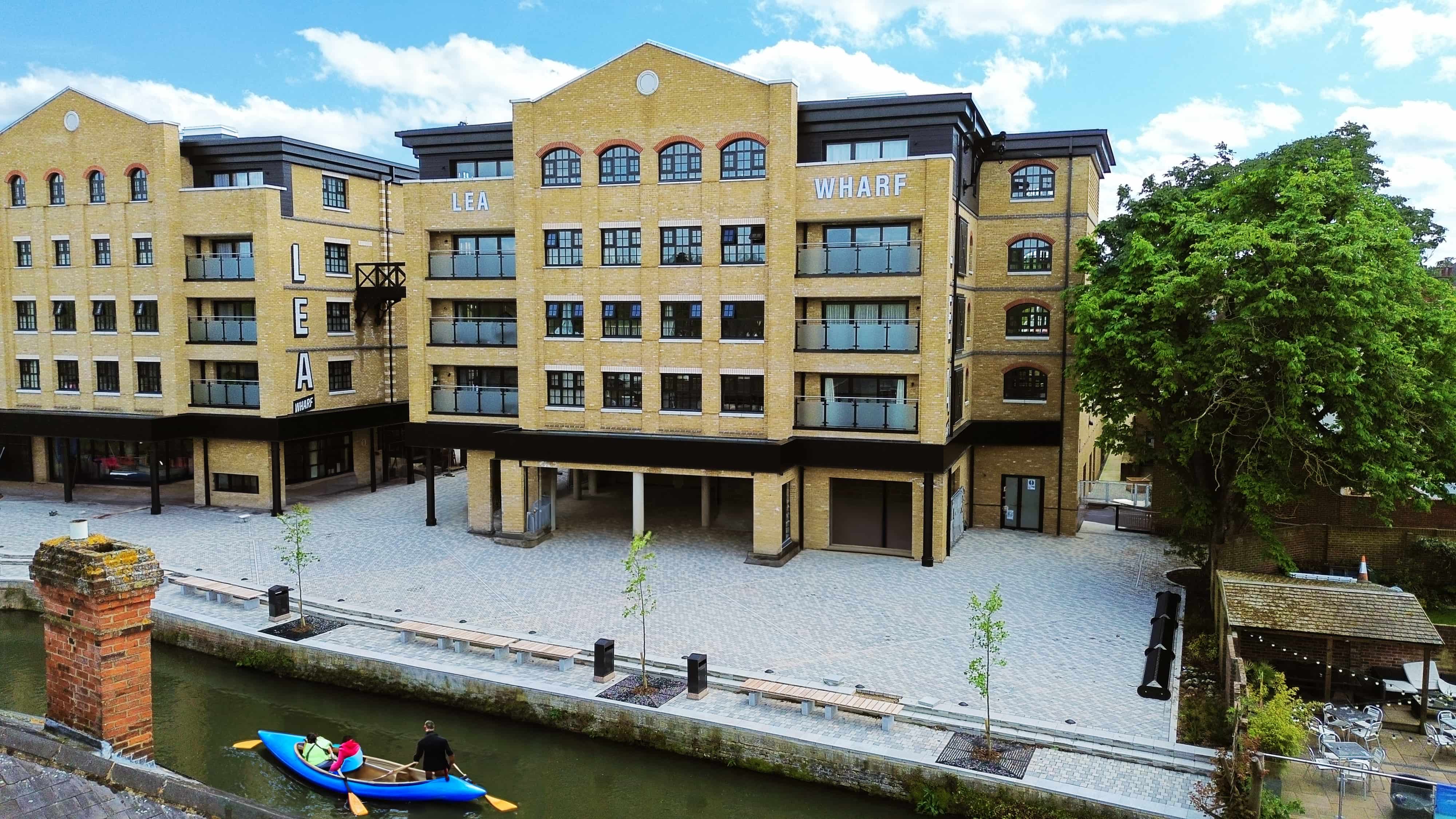 |
Commercial CCTV Installation:Gemini Security Solutions delivers commercial CCTV systems that do more than just record; they empower. Whether you're overseeing a retail space, office, warehouse, or multi-site operation, our professionally installed CCTV solutions provide real-time oversight, deterrence, and evidence collection.
|
Residential CCTV Installation:Your home is a sanctuary, and protecting it shouldn't feel complicated or invasive. Gemini Security Solutions offers professional residential CCTV installations that combine discreet design, smart technology, and expert care.
|
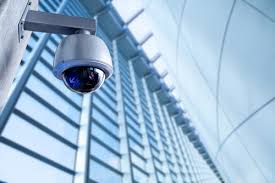 |
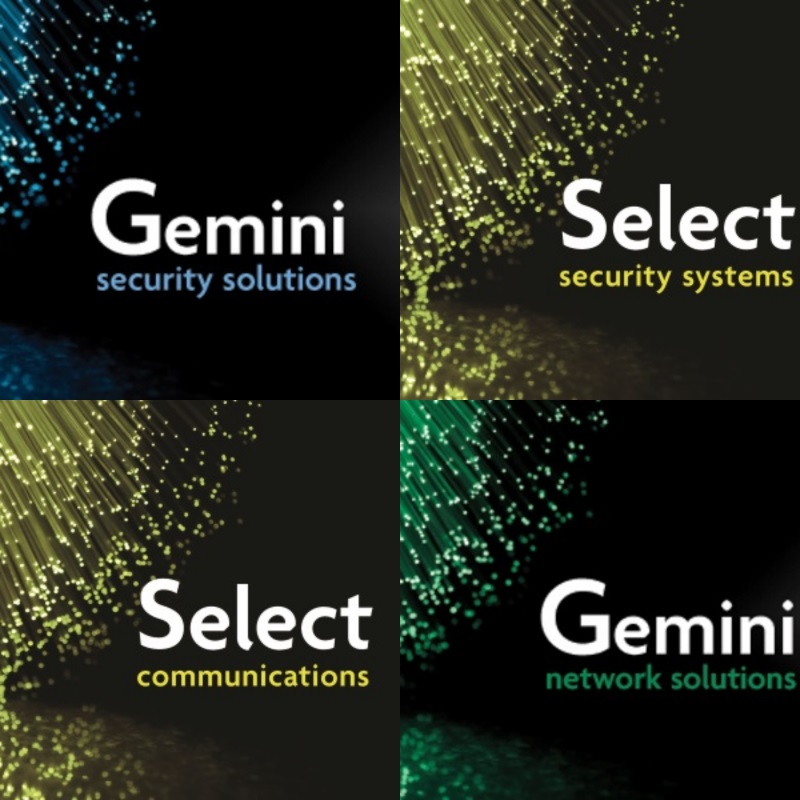 |
Why Choose Gemini Security Systems for CCTV InstallationsComprehensive Security SolutionsHere at Gemini Security Solutions, we offer a full range of security solutions, including CCTV installation, intruder alarms, access control, and monitoring. Tailored System DesignEvery installation begins with a free, no-obligation survey by a qualified engineer. We assess your property's layout, risk profile, and usage to design a system that fits, not a one-size-fits-all package.Advance Technology OptionsChoose between analogue HD and IP camera systems, each offering high-resolution footage, remote access, and scalable coverage. We help you select the right tech for your needs and budget. Remote Monitoring and Mobile Access Our systems integrate with secure apps and cloud platforms, allowing you to view live feeds and recordings from anywhere, ideal for busy professionals or frequent travellers. Discreet, Professional InstallationCables are hidden, systems are weatherproofed, and every component is installed with care to preserve the integrity and aesthetics of your property. Reliable Aftercare and SupportWe offer maintenance packages and responsive customer service, ensuring your system stays effective and up to date long after installation Customer-Centric EthosTrue to our motto, "Large enough to cope, small enough to care", we combine the resources of a seasonal provider with the personal touch of a local team. |










